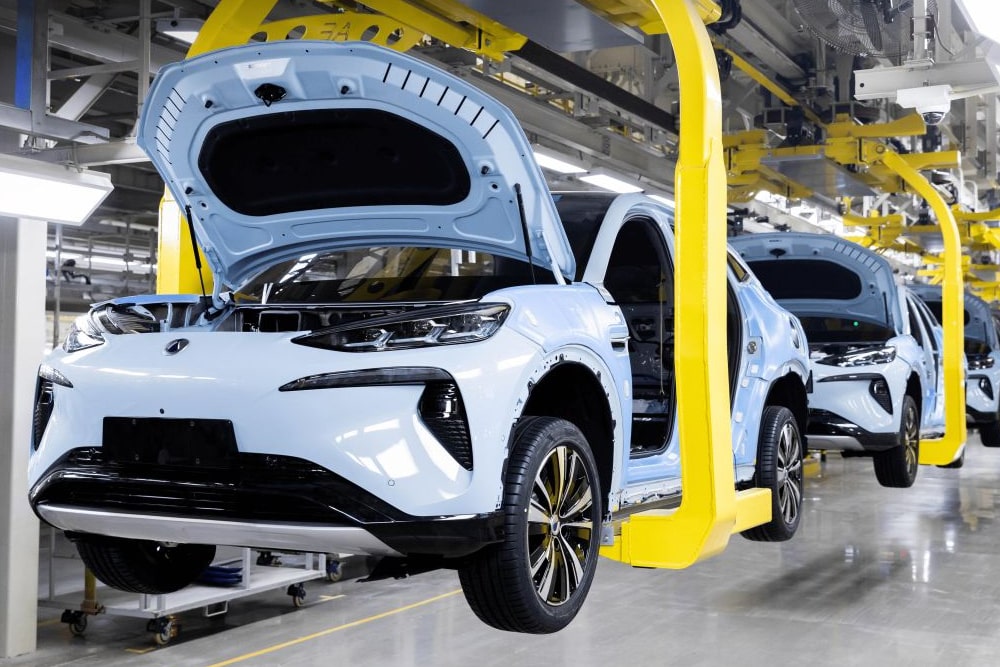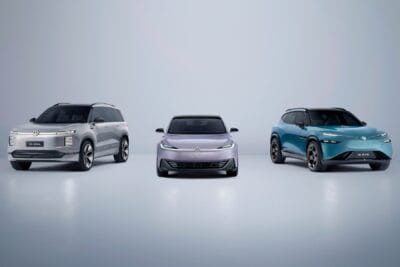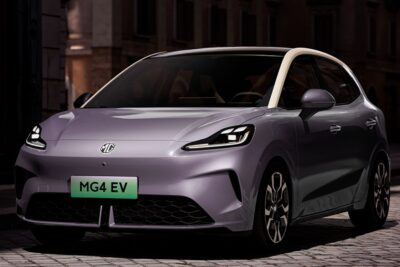EU and Beijing could agree on a minimum price for China-made EVs
In an interview with German broadcaster n-tv, Bernd Lange, the chair of the trade committee of the European Parliament, said that the EU’s special tariffs on China-made EVs may be off the table. According to Lange, the EU and China “are close to an agreement: China could commit to offering e-cars in the EU at a minimum price.”
He did not further elaborate on the matter but added: “This would eliminate the distortion of competition through unfair subsidies, which is why the tariffs were originally introduced.”
Even though the special tariffs became effective on 30 October, both sides have continued meeting behind closed doors to find a different solution. The option that Chinese carmakers could agree to a minimum price for which to sell their electric cars in Europe is not new. However, the EU previously rejected such an offer. At the time, there was talk of a minimum price of 30,000 euros.
The idea is actually not far-fetched. After all, Lange again emphasised in his interview that the newly decided tariffs are not punitive but special duties. The goal is to give EU carmakers a fair advantage. Following a lengthy anti-subsidy investigation, the EU found that some car manufacturers receive unlawfully high government subsidies in China, allowing them to offer their products at more favourable prices in Europe than European companies. The exact special duties depend on the level of distortion of competition identified.
“The USA imposed 100 per cent tariffs to keep Chinese battery electric vehicles off the market. We don’t do that in the EU. We just want fair competition,” Lange said. “EU legislation allows us to impose countervailing duties if there are dumping measures or illegal subsidies. We see this in many cases. At the moment, we have just under 200 products that are subject to countervailing duties.” He added that many of these products came from China, but not all. There are also products from the US or the United Arab Emirates – albeit not concerning electric vehicles.
Even though the special tariffs for battery-electric cars made in China have been in effect for almost a month, there are a few reasons why negotiations continue. China obviously wants its carmakers to be successful in Europe and is increasing the pressure on the EU. Earlier this month, it filed a lawsuit with the World Trade Organisation (WTO), hoping to reverse the special tariffs. Carmaker SAIC, which is subject to the highest special tariffs, recently took matters into its own hands, saying it would file a lawsuit with the Court of Justice of the European Union to protect its rights and interests.
And then there is pressure from within. German Chancellor Olaf Scholz has been against the tariffs from the get-go. “Olaf Scholz has a different assessment of the tariffs on Chinese electric cars because German manufacturers have a market in China,” said Lange. The German politician feared that there would be countervailing measures that could affect German carmakers. In fact, Beijing did threaten to do exactly that.
However, Lange views things a little differently. “For example, we already have countervailing duties of between 40 and 80 per cent on Chinese e-bikes. The Chinese side grumbled about this but ultimately accepted it,” Lange told n-tv. When or if the special tariffs will really be off the table remains to be seen. Lange did hint that an agreement is imminent.
n-tv.de (in German), reuters.com





1 Comment